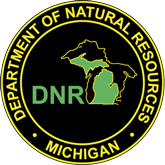 June 10, 2025 June 10, 2025
Contact: Curt Wemple, 231-444-8029
DNR approves $3.8 million in grants for recreational boating improvements and development
The Michigan Department of Natural Resources announced today $3.8 million in Waterways Grant Program funding to 12 communities throughout the state to boost recreational boating.
This year, projects in Alger, Baraga, Barry, Benzie, Charlevoix, Cheboygan, Huron, Mackinac, Macomb, Mason and Sanilac counties were approved for projects that include marina renovation, dock replacements, seawall improvements, fuel tank replacement and engineering studies.
“Michigan is surrounded by 20% of the world’s fresh water and defined by our lakes, rivers, wetlands and coastlines,” said Gov. Gretchen Whitmer. “There’s nothing more quintessentially Michigan than getting out on the water for a day fishing, boating or just having fun. These Waterways grants will open Michigan’s great outdoors to more Michigan families and make our state a better place to live, work and play. Let’s keep working together to protect Michigan’s treasured natural resources and pass them on to future generations.”
The funding is made possible through the DNR Parks and Recreation Division’s Waterways Grant Program, which began in 1949 with the goal of expanding the harbor system along the Great Lakes and boating access sites throughout the state. Today, the system includes more than 1,200 state-sponsored boating access sites, 19 state-managed harbors and 63 local state-sponsored harbors of refuge along the Great Lakes.
“Michigan is home to great boating and fantastic freshwater recreation opportunities,” said Kristen Kosick, DNR Parks and Recreation Division chief. “We have residents who live on the water, those who travel all over the state to boat and visitors who come here from around the world because it’s the Great Lakes State. Our beautiful state offers outdoor recreation opportunities and picturesque views not found anywhere else, so it’s critical that the DNR helps invest in and fund Michigan’s harbors and boating access sites for the benefit of all.”
Local units of government and state colleges and universities are eligible to apply for grant assistance for recreational boating improvements and development at grant-in-aid harbors and public boating access sites. The grant-in-aid program provides matching funding to help support quality recreational boating infrastructure. Communities are asked to match 50% of required funds.
Visit the Waterways Program Grants webpage to see the full list of 2025 Waterways Grants/description of projects.
The grants are funded through the Michigan State Waterways Fund, a restricted fund derived primarily from boat registration fees and a portion of Michigan’s gas tax that supports the construction, operation and maintenance of public recreational boating facilities.
The application period for the next round of Waterways Grant Program funding is due April 1, 2026.
Learn more about the grant program and application materials at Michigan.gov/DNRGrants.
Note to editors: An accompanying photo is available below for download. Caption information follows.
- Boating: Boaters prepare for an afternoon on the water. Photo credit: Tyler Leipprandt and Michigan Sky Media LLC for the DNR.
|
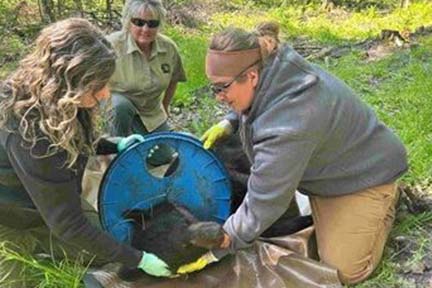


 June 18, 2025
June 18, 2025 While baiting is a legal method for hunting bears in Michigan, bait containers can only be used on private land and may only have holes that are either 1 inch or less in diameter or 22 inches or greater in diameter.
While baiting is a legal method for hunting bears in Michigan, bait containers can only be used on private land and may only have holes that are either 1 inch or less in diameter or 22 inches or greater in diameter.
 Biologists at the DNR’s Atlanta field office became aware of the bear in 2023 after seeing trail camera photos of the then-cub with its head stuck in the lid. The bear would prove elusive over the next two years, occasionally appearing on other trail camera photos but then disappearing after a day or so.
Biologists at the DNR’s Atlanta field office became aware of the bear in 2023 after seeing trail camera photos of the then-cub with its head stuck in the lid. The bear would prove elusive over the next two years, occasionally appearing on other trail camera photos but then disappearing after a day or so.
 The bear weighed 110 pounds, which is fairly standard for a 2-year-old bear that’s still growing. It had significant scarring and an abscess on its neck but otherwise seemed healthy. Once the anesthesia wore off, the bear was released back onto the property.
The bear weighed 110 pounds, which is fairly standard for a 2-year-old bear that’s still growing. It had significant scarring and an abscess on its neck but otherwise seemed healthy. Once the anesthesia wore off, the bear was released back onto the property.
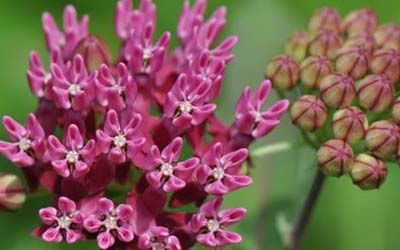

 Many grassland species depend on large grassland areas, but those remaining in Michigan are typically small, isolated, and lack sufficient plant diversity to provide habitat for many important grassland species. The 2025 Wildlife Habitat Grant Program seeks to develop and maintain large grassland and savanna complexes of 100 or more acres and improve connectivity between habitat patches.
Many grassland species depend on large grassland areas, but those remaining in Michigan are typically small, isolated, and lack sufficient plant diversity to provide habitat for many important grassland species. The 2025 Wildlife Habitat Grant Program seeks to develop and maintain large grassland and savanna complexes of 100 or more acres and improve connectivity between habitat patches.
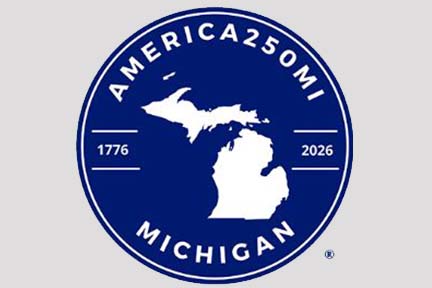
 June 12, 2025
June 12, 2025 Created from funding appropriated to the Michigan Department of Natural Resources by the state Legislature, the
Created from funding appropriated to the Michigan Department of Natural Resources by the state Legislature, the 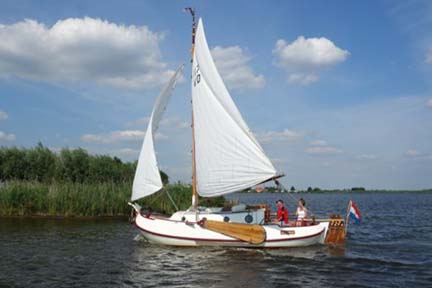
 June 10, 2025
June 10, 2025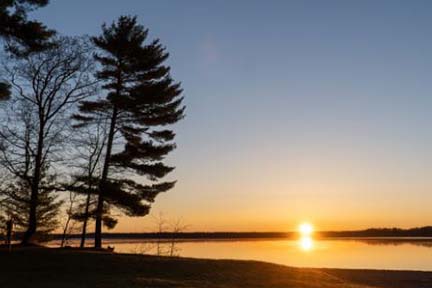


 The DNR and its Hunters Feeding Michigan program hosted the annual meeting of the American Sportsmen Hunger Relief Alliance – a nationwide coalition of independent state programs advocating for and growing wild game donations to reduce food insecurity at the local level – at the DNR Outdoor Adventure Center in Detroit last week.
The DNR and its Hunters Feeding Michigan program hosted the annual meeting of the American Sportsmen Hunger Relief Alliance – a nationwide coalition of independent state programs advocating for and growing wild game donations to reduce food insecurity at the local level – at the DNR Outdoor Adventure Center in Detroit last week.
 Next week, June 16-22, is
Next week, June 16-22, is  Every species has a story. Thanks to the Michigan Nongame Fish and Wildlife Fund, several Michigan species are adding encouraging chapters on restoration and stabilization to theirs. In fact, the fund has helped recover the Kirtland’s warbler, trumpeter swan and osprey, and continues to fund conservation for pollinators, bats, amphibians and reptiles.
Every species has a story. Thanks to the Michigan Nongame Fish and Wildlife Fund, several Michigan species are adding encouraging chapters on restoration and stabilization to theirs. In fact, the fund has helped recover the Kirtland’s warbler, trumpeter swan and osprey, and continues to fund conservation for pollinators, bats, amphibians and reptiles.
 The
The  The next meeting of the Michigan Natural Resources Commission is Thursday, June 12, at the DoubleTree by Hilton Bay City – Riverfront, One Wenonah Park Place.
The next meeting of the Michigan Natural Resources Commission is Thursday, June 12, at the DoubleTree by Hilton Bay City – Riverfront, One Wenonah Park Place.
 Picture this: You’re getting ready to take out your camper van for the weekend and you find that a bird has nested on the tire or windshield. Or perhaps you’re walking up to your home and you spot a nest tucked away in your door wreath. From gutters to mailboxes, birds can choose inconvenient, silly – and sometimes dangerous – places to nest.
Picture this: You’re getting ready to take out your camper van for the weekend and you find that a bird has nested on the tire or windshield. Or perhaps you’re walking up to your home and you spot a nest tucked away in your door wreath. From gutters to mailboxes, birds can choose inconvenient, silly – and sometimes dangerous – places to nest.
 See more pictures by
See more pictures by 

 “Nearly 50% of endangered or threatened fish, wildlife and plants are at risk due to invasive species, which people unintentionally spread with their boots, tires, boats, firewood, pets and more,” said Joanne Foreman, Invasive Species Program communications specialist with the Michigan Department of Natural Resources. “But the good news is, by taking a few easy steps, everyone spending time in nature can be part of the solution.”
“Nearly 50% of endangered or threatened fish, wildlife and plants are at risk due to invasive species, which people unintentionally spread with their boots, tires, boats, firewood, pets and more,” said Joanne Foreman, Invasive Species Program communications specialist with the Michigan Department of Natural Resources. “But the good news is, by taking a few easy steps, everyone spending time in nature can be part of the solution.”
